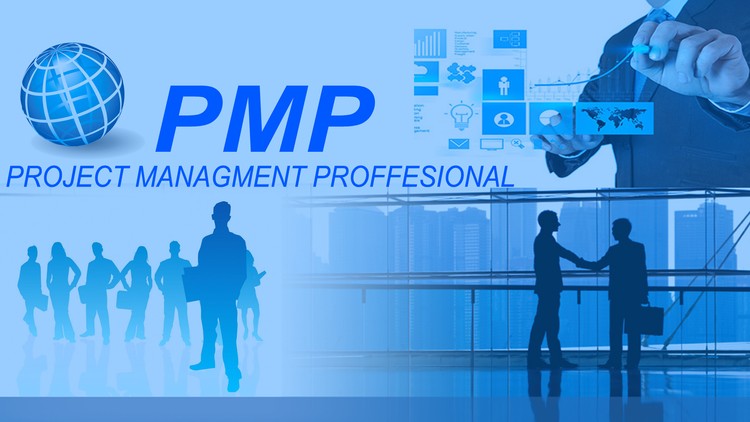What is the overview of PMP?

Overview of PMP (Project Management Professional)
Project Management Professional (PMP) is a globally recognized certification for project managers. Offered by the Project Management Institute (PMI), PMP validates a professional’s expertise in project management processes, knowledge areas, and best practices. The certification encompasses key project management concepts such as scope, time, cost, quality, risk, communication, and stakeholder management. PMP holders demonstrate proficiency in leading and directing project teams, ensuring project success within constraints. The certification process involves a rigorous exam assessing knowledge and experience, making it a benchmark for project management excellence in various industries worldwide.
Background and Purpose:
Established in 1969, PMI is a non-profit organization dedicated to advancing the project management profession. The PMP certification was introduced in 1984 and has since become one of the most widely recognized certifications in project management. It is designed to validate the skills and knowledge of individuals involved in leading and directing projects.
Eligibility Criteria:
To be eligible for the PMP certification, candidates must meet certain educational and professional requirements. As of my last knowledge update in January 2022, a candidate typically needs a secondary degree (high school diploma, associate’s degree, or equivalent) with at least five years of project management experience, including 7,500 hours leading and directing projects, along with 35 hours of project management education. Alternatively, candidates with a four-year degree (bachelor’s degree or equivalent) need three years of project management experience, including 4,500 hours leading and directing projects, along with the same 35 hours of project management education.
The PMP Exam:
The PMP certification process involves passing a rigorous exam that assesses the candidate’s knowledge and understanding of project management principles. The exam is based on the Project Management Body of Knowledge (PMBOK), which is a guide published by PMI that outlines standard terminology and best practices in project management. SPOTO Club covers a range of knowledge areas, including scope, time, cost, quality, communication, risk, and procurement management.
PMP Exam Content:
The PMP exam consists of multiple-choice questions that test the candidate’s ability to apply project management concepts in real-world scenarios. The questions are distributed across the various knowledge areas defined in the PMBOK Guide. The exam content is regularly updated to ensure that it remains relevant to the evolving landscape of project management.
PMP dumps:
The PMP dumps are officially from the sources. These help those students who are willing to pass the exams. They can be extremely useful for practice and revision purposes. They cover 100% PMP real questions, accurate and verified exam answers, and a passing guarantee on 1st attempt. They also offer two different versions according to students’ needs; a standard version and an interactive version.
Benefits of PMP Certification:
Global Recognition: PMP is recognized and respected worldwide, providing professionals with a globally transferable credential.
Career Advancement: PMP certification can enhance career opportunities and open doors to higher-level positions, as it demonstrates a commitment to excellence in project management.
Skill Validation: PMP certification validates a professional’s knowledge and skills in all aspects of project management, from initiation to closure.
Network Opportunities: PMP certification connects individuals to a global community of project management professionals, fostering networking and knowledge-sharing opportunities.
PMP Renewal:
PMP certification is not a one-time achievement. Certified professionals are required to engage in continuous learning and development to maintain their certification. This involves earning Professional Development Units (PDUs) through activities such as training, webinars, and involvement in the project management community.
